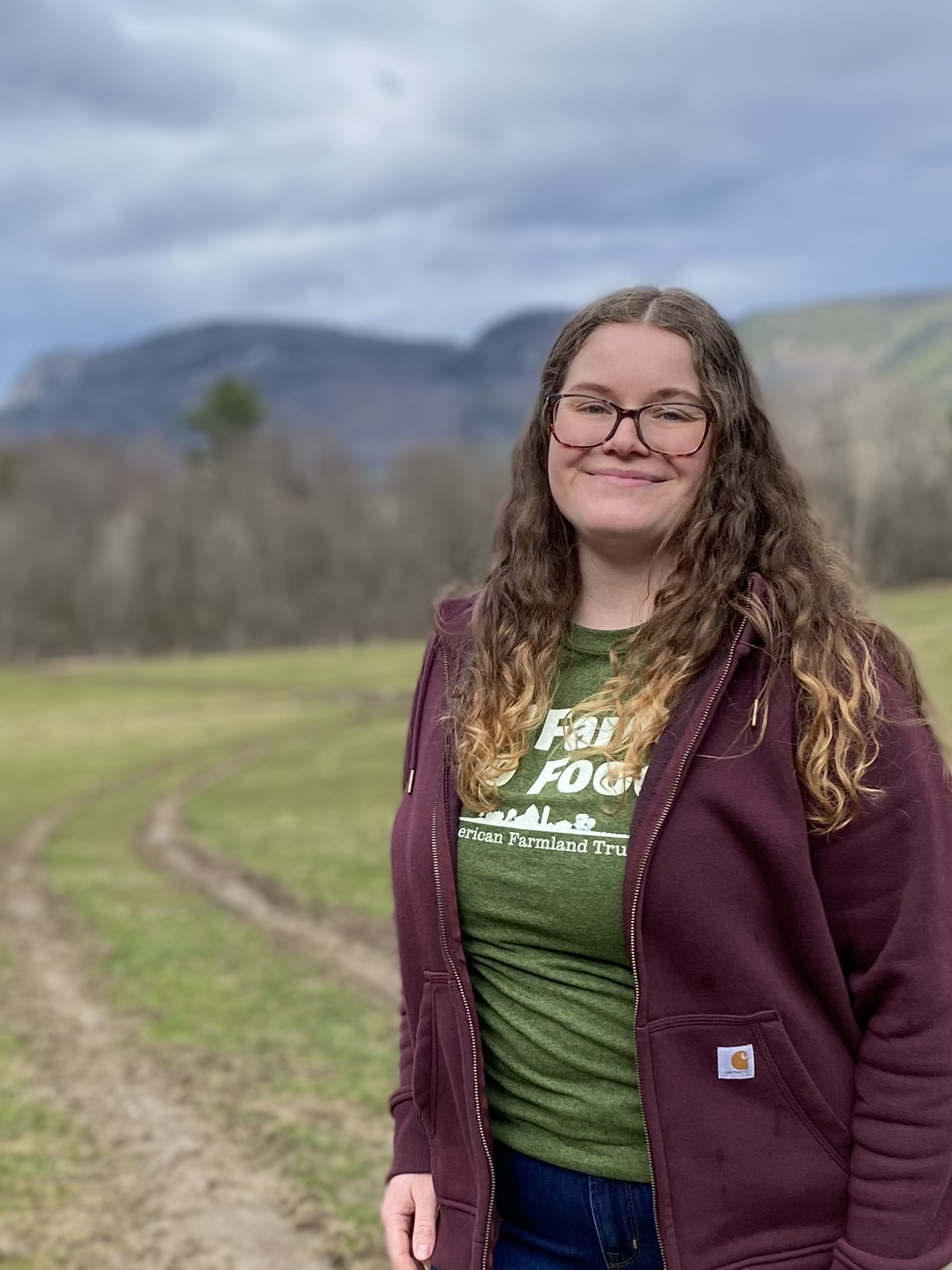AFT Releases New Case Study and Resources to Help New York Farmers Adopt Conservation Practices
Saratoga Springs, NY—Farmers are often faced with difficult decisions between doing what is best for the land and maintaining economically viable farm businesses – but American Farmland Trust is working to dispel these as mutually exclusive outcomes. AFT has released a suite of new resources aimed to help farmers adopt or expand conservation practices that benefit the environment and their bottom line through the Genesee River Demonstration Farms Network.
Launched in 2018, the Genesee River Demonstration Farms Network, in partnership with AFT, USDA’s Natural Resources Conservation Service, and the Great Lakes Restoration Initiative, showcases the impacts of practical and innovative conservation practices on real working farms. While focused on the Genesee River watershed, these resources are applicable to farming operations across the state and beyond.
HaR-Go Farm Case Study
A new case study features HaR-Go Farms, an organic dairy spanning 650 acres in western New York, owned and operated by Steve Gould with his parents John and Sue. HaR-Go Farms produces their own feed for their cows, putting 450 acres into a five-year crop rotation of hay, corn, soybean and sorghum.
American Farmland Trust completed a partial budget analysis to determine the economic impacts of the Gould’s soil health practices with the following outcomes:
By implementing no-till, triticale and clover as a cover crop, and nutrient management, the Goulds increased their net income by $11 per acre per year, or $4,780 annually on the 450-acre study area, an 18% return on investment.
USDA’s COMET Tool was used on a 10-acre parcel to evaluate the effects of these soil health practices on greenhouse gas emissions and found they were reduced by 158%, the equivalent of taking one car off the road each year.
Read the full case study here.
Farmer Video Resources
AFT has developed additional resources for farmers, including a video featuring two farms in the Genesee River Demonstration Farms Network, Mulligan Farm and Macauley Farms LLC, sharing their experiences with cover crops, reduced tillage, no-till, and other soil health practices and how their farm operations have benefitted from these practices over time.
In light of COVID-19, AFT and partners converted a soil health field day to a video format, showcasing cover crop field trials on Swede Farm LLC, a demonstration farm in the network. New farmer videos are forthcoming and will be available on the Genesee River Demonstration Farms page and AFT’s YouTube channel.
Additional Soil Health Case Studies and Resources
AFT’s full collection of soil health case studies, farmer videos, an interactive demonstration farms map, and other resources can be found at www.farmland.org/geneseeriverdemofarms.
###
American Farmland Trust is the only national organization that takes a holistic approach to agriculture, focusing on the land itself, the agricultural practices used on that land, and the farmers and ranchers who do the work. AFT launched the conservation agriculture movement and continues to raise public awareness through our No Farms, No Food message. Since our founding in 1980, AFT has helped permanently protect over 6.5 million acres of agricultural lands, advanced environmentally-sound farming practices on a half million additional acres and supported thousands of farm families.




